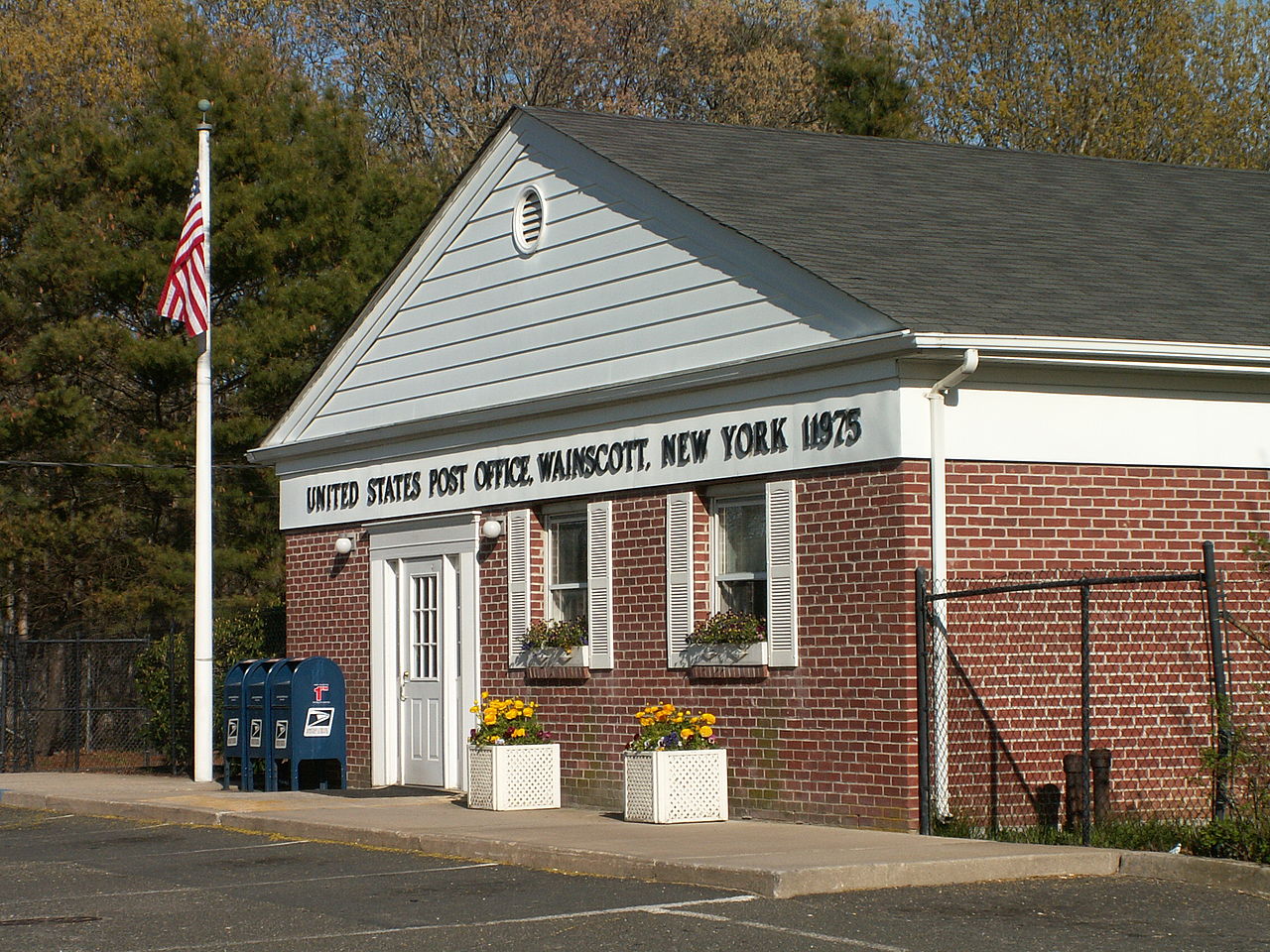Wainscott Commercial Moratorium Extended

The East Hampton Town Board agreed, after a public hearing at which no one spoke in opposition, to extend the moratorium against any new subdivision or site plan approvals for non-residential properties being issued by the town’s planning board for another six months. This allows time for the completion and codification of the Wainscott hamlet study. It is at least the third time the moratorium has been extended. The new expiration date on the law is July 1.
All five of the hamlets in East Hampton have been the subject of their own studies, which took a long term look at each’s business districts.
The moratorium law for Wainscott was originally enacted in 2016. It covers all properties zoned for business or commercial-industrial use, as well as commercial sites in residential areas in the hamlet. While the law precludes approval by the planning board of subdivisions or site plans for the areas covered, it does not prevent land owners from discussing with the board potential future applications, such as the one calling for a massive industrial park over the mostly exhausted Tintle gravel and sand mine north of the highway.
That application is awaiting an environmental impact statement from John Tintle and his representatives, as required by the New York State
Environmental Quality Review Act.
The moratorium was originally enacted after plans for a car wash facility on the north side of Montauk Highway bubbled up in front of the East Hampton Town Planning Board, drawing the ire of neighbors in the hamlet. The land the car wash was intended for, the site of the old Star Room nightclub, has since been purchased by the town using the Community Preservation Fund. The derelict structure on the site has since been razed.
The strip of Montauk Highway running through the Wainscott business district is the heaviest travelled in East Hampton. Break lights and standing traffic during the summer season is a common sight in what is called the gateway to East Hampton.
Calls for the moratorium were also sparked, in part, by the planning board’s approval in 2012 of a large building that now looms over the highway on the north side of the street. That structure, originally touted as a future home for a Whole Foods outlet, now houses HomeGoods.
The measure approved unanimously by the East Hampton Town Board includes the following passage: “The Town Board of the Town of East Hampton retained consultants to work with Town staff, members of the business community, property owners and other stakeholders to develop a new and workable business and hamlet action plan, as called for in the Town’s 2005 Comprehensive Plan, and such work has been ongoing . . . Completion of the hamlet studies are expected within the coming months.”
The town board also approved, on February 7, by a split vote, an agreement with Deepwater Wind South Fork LLC to take soil core samples in Wainscott for the controversial proposed offshore wind farm project. That is covered elsewhere in this issue, as is a lengthy public discussion about a land purchase by PSEG of property in Montauk for a
proposed electrical substation.
The town also approved a ban on the intentional release of balloons into the air. The approval came after a public hearing at which the board was told by several speakers of the danger such balloons present for fish, marine mammals, and aquatic fowl, as well as the danger of the materials in the balloons ending up in our food chain.
In addition, the board agreed to ban the use of string lights and the use of other temporary lights by commercial establishments, except during the Christmas holiday season, and approved a contract with East Hampton Village for fire protection and emergency ambulance services for the Northwest Woods fire district through the end of 2020.
t.e@indyeastend.com


